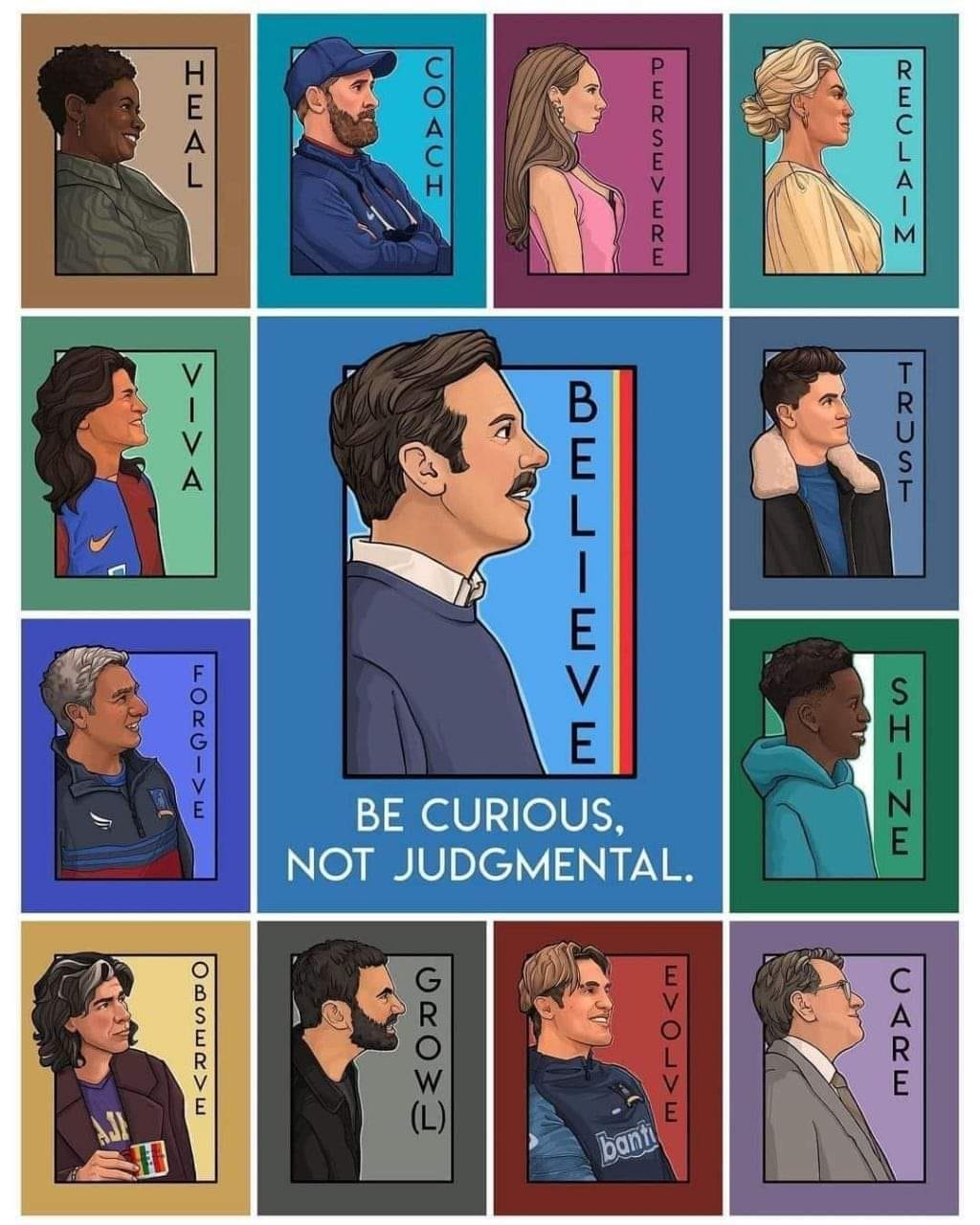The Subtle Art of Not Arguing
How to keep your disagreements from turning into a whole "thing" ...
My wife and I know how to argue. But in 12 years, we've never had an argument. We're both divorced people, so we obviously have experience arguing.
How do you account for no arguments in all that time?
A couple of years ago, when I was putting together lesson plans for an interpersonal relationship/leadership seminar I was speaking at, I realized professional relationships have similar challenges as personal ones.
Check your tone.
One of the things I take for granted is that Ashley means me absolutely no harm. And she knows that I'd rather die a thousand deaths than do anything that might hurt her. More than once, I've gone to her and said, "I need to apologize to you. I didn't like the tone of my voice when I said 'XYZ' to you." And 100% of the time she's said, "I have no idea what you're talking about; I took no offense at all."
Giving the other person the benefit of the doubt is key.
When the other person says or does something that seems off, confusing, or potentially hurtful, you apply the "MRI Technique." That is, you give that other person's words or behavior the "most respectful interpretation." The Gottman Institute is an excellent source for understanding relationships and how to make them better. Gottman Institute
If you've ever been misunderstood, you know how important the MRI technique is.
I've talked to employees and school faculties about their relationships with their bosses. I've asked for a show of hands if they've ever been disappointed or upset with their boss or company.
That answer is usually 100%.
"What if you're wrong about that interpretation?" I've said. "What if what they said isn't what they meant? Is there another way to look at this?"
These are a few keys to good interpersonal relationships. There are many keys on that keyring. These are just two of them.
“I know that you believe you understand what you think I said, but I am not sure that you realize that what you heard is not what I meant.”
– Robert J. McCloskey




